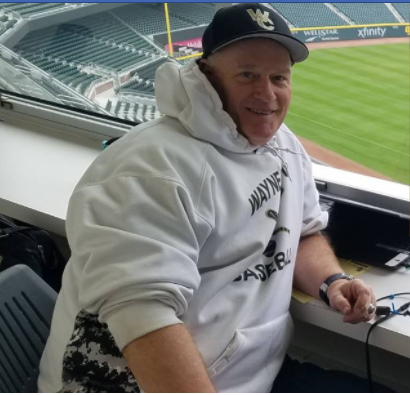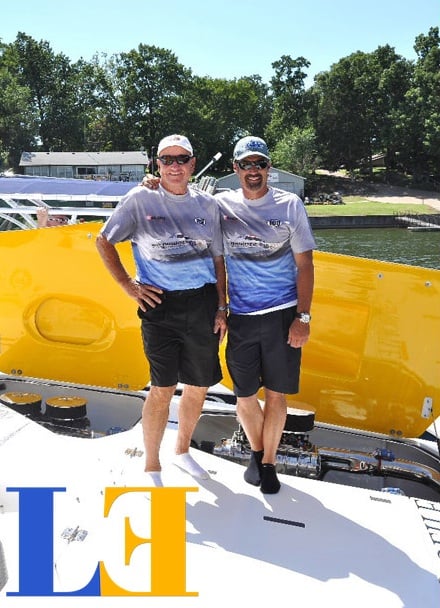

Pulled the first section on a barge, they then build rafts to continue on the river free of charge. Prescott (Malden) and his family set out west for the frontier on the Erie Canal, the "West", at this time, being the Ohio River country, at the southern edge of Illinois. The scene then shifts to Zebulon Prescott and his family. He confers with a group of Native Americans.

Mountain man Linus Rawlings (Stewart) is making his way by horse and waterway through the mountains. The film then moves into "The Rivers" sequence (considerably to the east of the Rockies). "This land has a name today", says Tracy in the opening lines of the film, "and is marked on maps." The film begins with narration by Spencer Tracy as the aerial-borne camera sweeps over the Rocky Mountains. In 1997, it was selected for preservation in the United States National Film Registry by the Library of Congress as being "culturally, historically, or aesthetically significant". At the 36th Academy Awards, it earned eight nominations, including Best Picture, and won three, for Best Story and Screenplay Written Directly for the Screen, Best Sound and Best Film Editing. The film received widespread critical acclaim and was a box office success, grossing $50 million on a budget of $15 million. How the West Was Won is widely considered one of Hollywood's greatest epics. Grant, Thelma Ritter, Mickey Shaughnessy, Harry Dean Stanton, Russ Tamblyn and Lee Van Cleef. The supporting cast features Brigid Bazlen, Walter Brennan, David Brian, Ken Curtis, Andy Devine, Jack Lambert, Raymond Massey as Abraham Lincoln, Agnes Moorehead, Harry Morgan as Ulysses S. Cobb, Henry Fonda, Carolyn Jones, Karl Malden, Gregory Peck, George Peppard, Robert Preston, Debbie Reynolds, James Stewart, Eli Wallach, John Wayne and Richard Widmark. Originally filmed in true three-lens Cinerama with the according three-panel panorama projected onto an enormous curved screen, the film stars an ensemble cast consisting of (in alphabetical order) Carroll Baker, Lee J. How the West Was Won is a 1962 American epic Western film directed by Henry Hathaway (who directs three out of the five chapters involving the same family), John Ford and George Marshall, produced by Bernard Smith, written by James R.


 0 kommentar(er)
0 kommentar(er)
